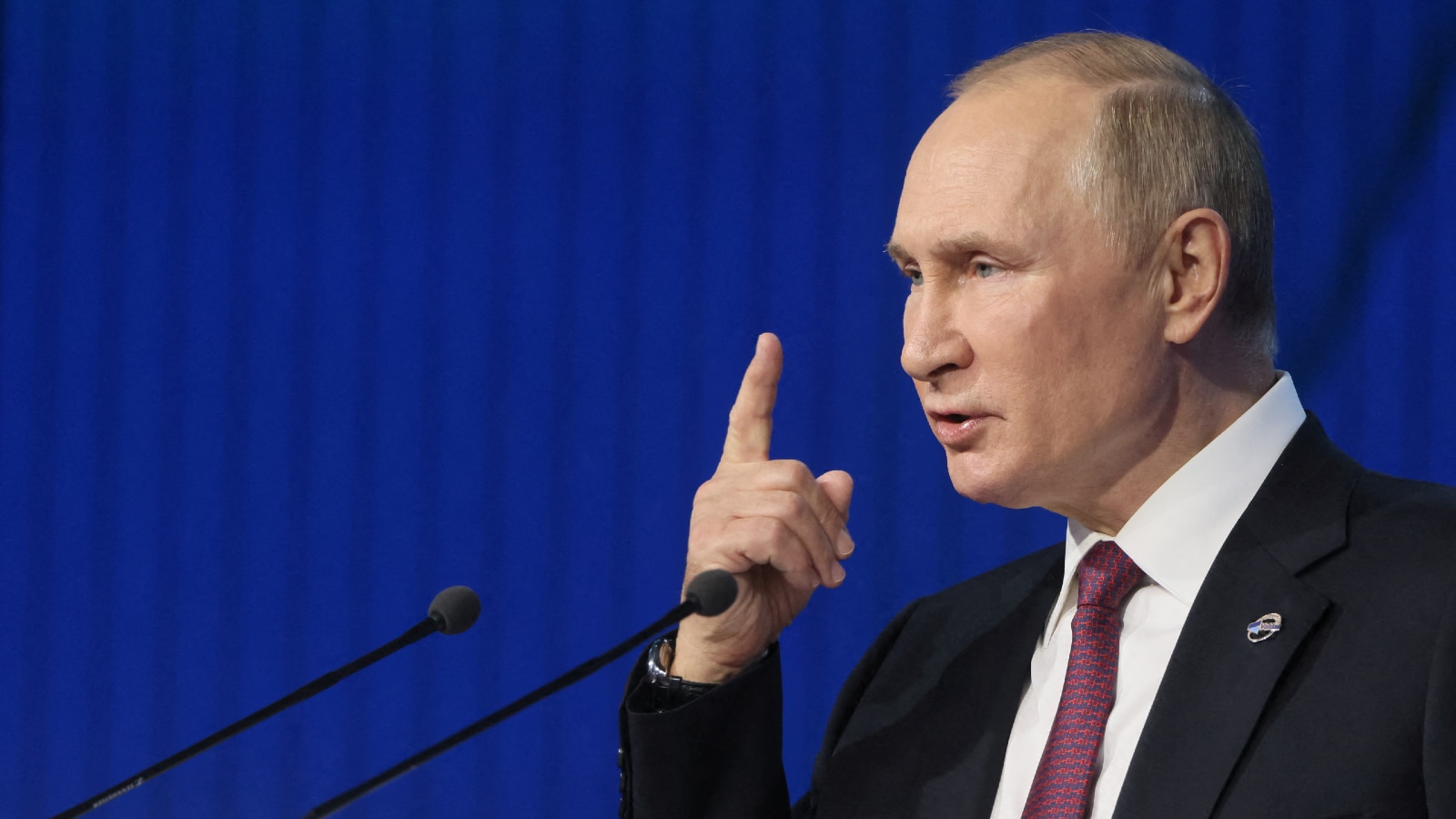How Will Russia React to G7-EU Imposed Price Cap on its Oil Exports?
Russia remains unperturbed by the G7, EU imposed price cap on its seaborne crude. According to a report by Bloomberg, Russian foreign minister Sergey Lavrov condemned the move but said the cap was irrelevant.
The report by Bloomberg pointed out that the price cap – which is $60 per barrel – is above the $50 which is the cost of Russia’s flagship Urals grade. The Urals is the most common export grade of crude oil from Russia, according to McKinsey Energy Insights.
“We don’t care what the price cap will be. We’ll negotiate with our partners directly. And partners who continue working with us won’t look at those caps,” Lavrov was quoted as saying by the news agency.
Today our coalition set a cap on the price of seaborne Russian oil — a result of months of effort and a sign of our united resolve. This will help restrict Putin’s primary source of revenue for his war and preserve stability of global energy supplies. https://t.co/JJDSGM5RJq pic.twitter.com/nVOqWV4r9b— Secretary Janet Yellen (@SecYellen) December 2, 2022
Janet Yellen, the US Treasury Secretary, shortly after the announcement said the price cap encourages the flow of discounted Russian oil to the global markets and will help consumers and businesses insulate themselves from global supply disruptions.
She said barring the G7 and the EU, the nations who are not part of the price cap coalition, will now be able to bargain for steeper discounts on Russian oil and the stability in the global markets will also help them.
G7 and EU have reduced or stopped their own imports of Russian crude and aimed the price cap at major oil importers of Russian crude like India, China and Turkey. Yellen said the price cap will act as a bargaining chip for these nations.
However, Russia could upend these plans through OPEC+. PVM Energy analyst Stephen Brennock, who spoke to AFP, said OPEC could stick to its latest output cuts which were imposed in October.
OPEC members, according to an Iranian source speaking to AFP said that members may vote for a rollover of the previous decision.
UniCredit economist Edoardo Campanella told news agency AFP that Russia could leverage its influence within the OPEC+ and urge them to for more production cuts and exacerbating the global energy crisis.
“OPEC+ might feel compelled to adopt a more aggressive stance. Russia might also retaliate by leveraging its influence within OPEC+ to push for more production cuts down the road,” Campanella was quoted as saying by news agency AFP.
Russian President Vladimir Putin spoke to Iraqi President Prime Minister Mohammed Shia al-Sudani and said that these actions will have grave consequences.
“Vladimir Putin stressed that such actions are contrary to the principles of market relations and are highly likely to lead to grave consequences for global energy markets,” the Kremlin said.
The Kremlin at that time said Iraq and Russia also discussed the two countries’ work within the framework of OPEC + to ensure stability of global energy markets.
Russian President Putin also told German Chancellor Scholz that strikes on Ukraine’s infrastructure will be ‘inevitable’ in ‘response to Kyiv’s provocative attacks on Russia’s civilian infrastructure.’
EU Disagreement over Price Cap
Ukraine, who is in the eye of the storm, fending off a Russian ‘military operation’ said the level should be set as low as $30 and Poland urged the G7 to reduce it to $20. Other EU nations also did not agree to initial recommendations but later on Friday all member states agreed to the $60-per-barrel price cap.
“Going from $65 per barrel to $60 = 10 billion dollars less for Russia to finance its genocidal war against Ukrainians,” Kaja Kallas, Estonian Prime Minister, said in a tweet.
Every dollar counts. Every dollar negotiated down = ca $2 billions less for Russia.
Going from $65 per barrel to $60 = 10 billion dollars less for Russia to finance its genocidal war against Ukrainians. 2/
— Kaja Kallas (@kajakallas) December 2, 2022
Experts who spoke to news agency Bloomberg also said that the price cap – on which EU member states have differing views – was intended to keep Russian crude flowing, to ensure stability in the global energy market.
“The market has shifted to a view that Russian crude oil exports will remain more resilient than previously expected and largely unaffected by the price cap,” Joel Hancock, an analyst at Natixis, was quoted as saying by Bloomberg.
Even Kallas, the Estonian Prime Minister, said they expected the price cap to be $30-$40.
Read all the Latest News here
For all the latest world News Click Here

